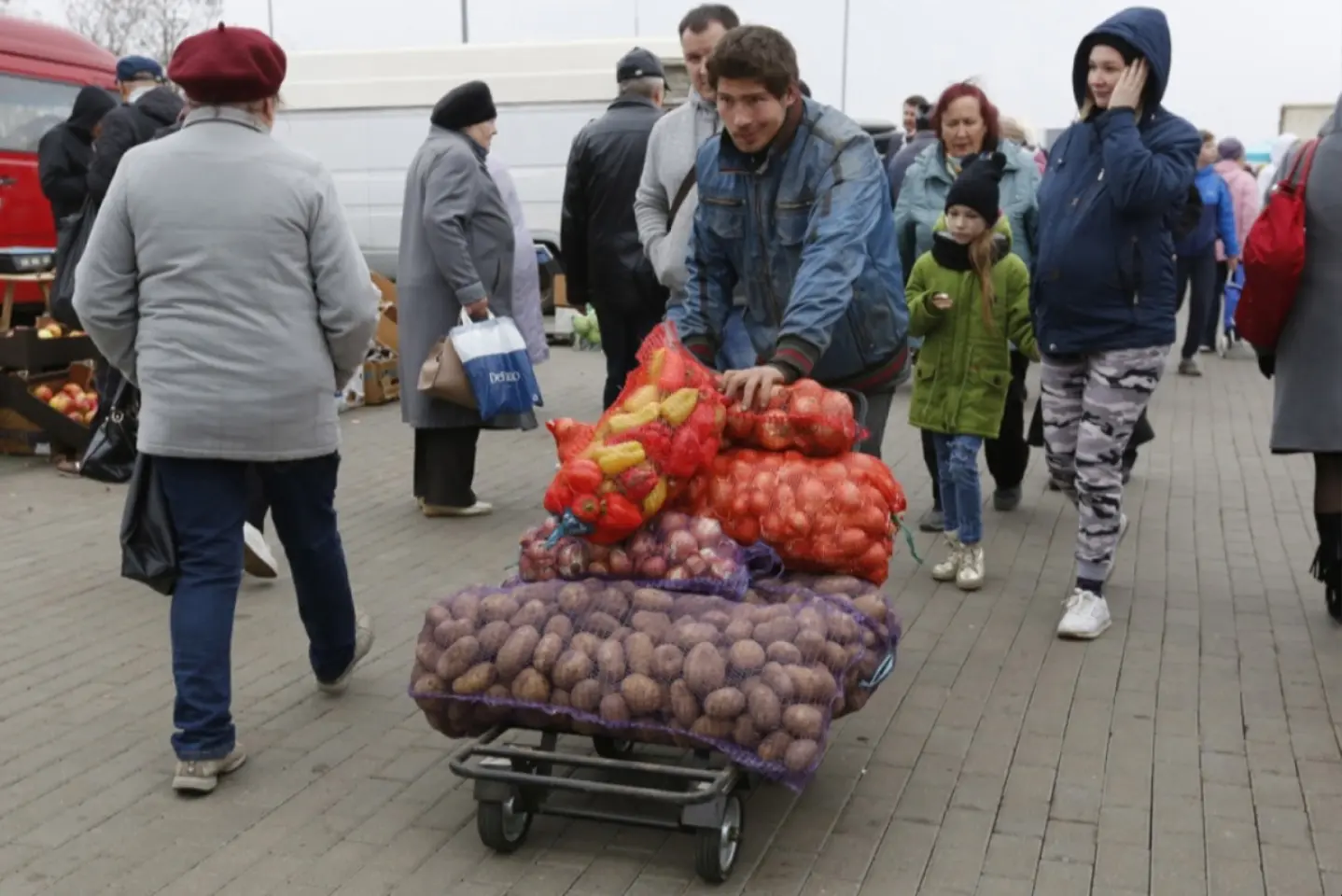
A crisis in potatoes, which are a staple food in Belarus, is showing the failure of the economic model imposed by dictator Aleksandr Lukashenko.

Alexander Lukashenko’s looked frail and isolated at his 7th inauguration as Belarus president, consumed by old obsessions and leaning on his personal clan. The ceremony told more about the state of affairs in the regime than the dictator himself wanted it to.

Belarus has an ever increasing list of items deemed extremist, ranging from reasonable ones, like Hitler’s Mein Kampf, to rock songs that authorities see as being critical to Lukashenko’s regime.

Aleksandr Lukashenko won his seventh term as president with 86.82% of the vote and a turnout of 85.9%, results typical for dictatorial regimes. The figures were touted as proof of stability in Belarus, popular support for Lukashenko and tolerance of the opposition. However, the elections were neither free nor fair, but just a show that fooled no one.

Kyiv is claiming certain territories in Belarus that were taken from it by the King of Poland five centuries ago, according to pro-Kremlin media, citing the former head of Ukrainian diplomacy.

The Belarusian opposition holds no hope for the coming presidential elections, due on January 26, to be fair. Strongman Alexander Lukashenko, in power for 30 years, will likely extend his rule, which means that the country will remain at odds with the West and in Russia’s grip.

A Minsk-based Orthodox Convent has been raising money for years to support Russia’s invasion of Ukraine. Some of the money come from activities in EU countries.

Isolated by the international community for his regime’s abuses, Belarus’ authoritarian leader is increasingly behaving as a mere governor of one of Russia’s provinces.

Belarus has allowed an explosion in smuggling of products like cigarettes, and this policy poses a threat to the security of the European Union.

Alexander Lukashenko may be grooming the head of his presidential administration, Dmitry Krutoy, to be his successor. Krutoy is considered to be staunchly pro-Russian.

Minsk's illusion of economic sovereignty appears to be eroding rapidly. Although the connection to Russia may seem beneficial in the short term, in the long term it will hamper Belarus' economic growth.

As Belarus is feeling the bite of Western sanctions, it seems that the Lukashenko regime is trying to improve relations with the West by “trading out” some political prisoners.

Pavel Matsukevich says Aleksandr Lukashenko has released some opponents because he knows he can throw them in jail any time, not because he got a deal with the West.

Ultras have been at odds with Lukashenko over his clampdown on national identity, Covid policies and rigging of elections. Fleeing persecution at home, some found their way to the frontlines of the war in Ukraine.

Pro-Russian communication channels have significantly infiltrated the Internet and social media platforms in Poland and Eastern European countries.

July 20 marked the 30th anniversary of the establishment of Alexander Lukashenko's regime. Four years ago, his political stability in Belarus was seriously undermined by mass protests: democratic Belarusians at the time called for new elections and supported Sviatlana Tsikhanouskaya. The break-up of demonstrations was followed by a brutal repression that forced many of them to leave the country, including the leader of the democratic forces. Veridica spoke to Tsikhanouskaya about the current state of the opposition, the release of political prisoners and what we can expect from the presidential election slated for next year in Belarus.

So far, Western sanctions had little impact on Belarus’ economy. However, they made the country increasingly dependent on Russia and they caused new rifts within the society.

Dozens of players have been harassed by authorities in Belarus since 2020. UEFA didn’t react, while allowing EURO 2024 games to be broadcast by state propaganda media.

Almost a year after Aleksandr Lukashenko announced that Russia has started to ship nuclear weapons to Belarus, it’s unclear whether they are there and who controls them.

As a new Cold War gathers steam, Poland finds itself on the frontline. Russian intelligence is recruiting agents in the country and it’s even using some for attacks against Kremlin opponents.

Videos of opposition activists confessing trumped up crimes and praising Aleksandr Lukashenko have been increasingly used in Belarus.
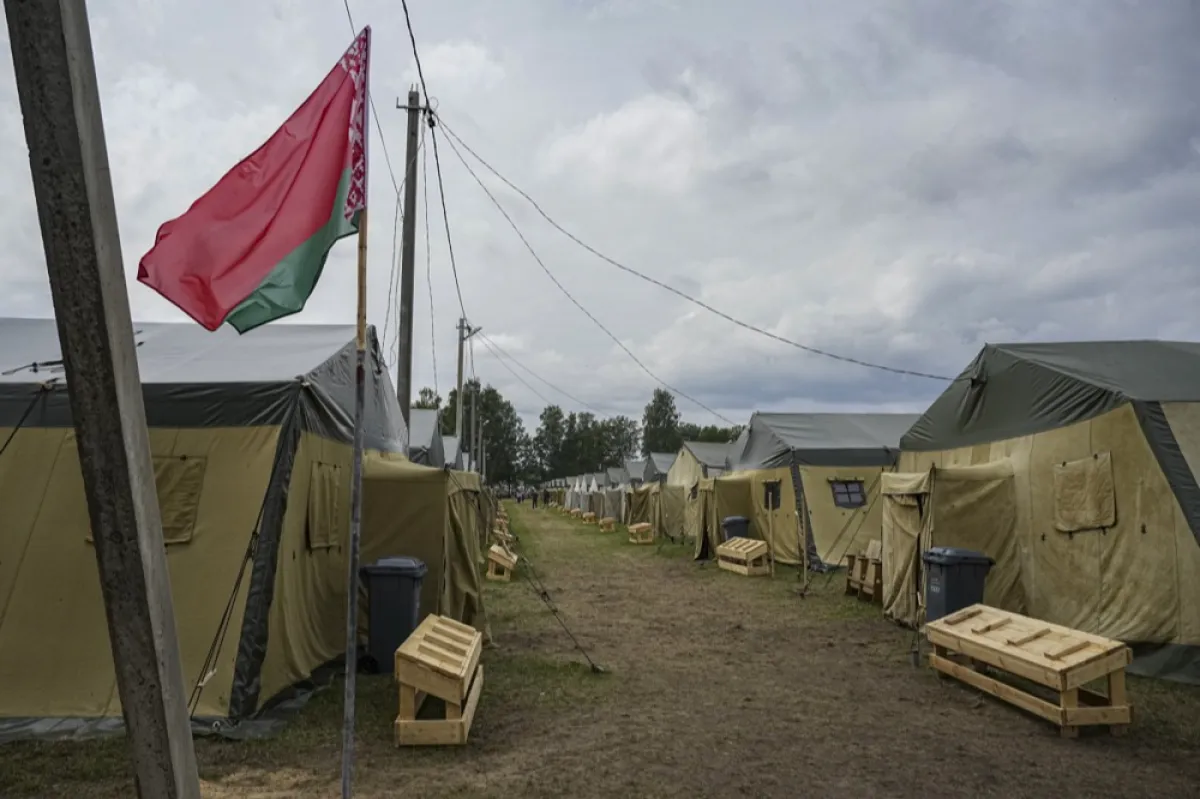
The relocation of Wagner forces to Belarus following Prigozhin’s aborted rebellion proved to be a propaganda move. Within a year, Lukashenko’s Wagner army, brandished as a threat to neighboring NATO countries, virtually melted away. It also failed to help Lukashenko achieve his objective of foraying into the lucrative mercenary business in Africa.

Elections in Belarus were anything but free, with no opposition candidates or independent observers, and a government disinformation campaign designed to instill fear. The opposition managed, nonetheless, to get its message to at least part of the electorate, and in spite governmental efforts, turnout was lower than expected.

On February 25, Belarus will hold local and legislative elections, the first since the anti-Lukashenko protests of 2020. Minsk clamped down on the opposition in the run up to the elections, and only pro-Lukashenko candidates are competing. Belarus remains firmly in Russia’s orbit.
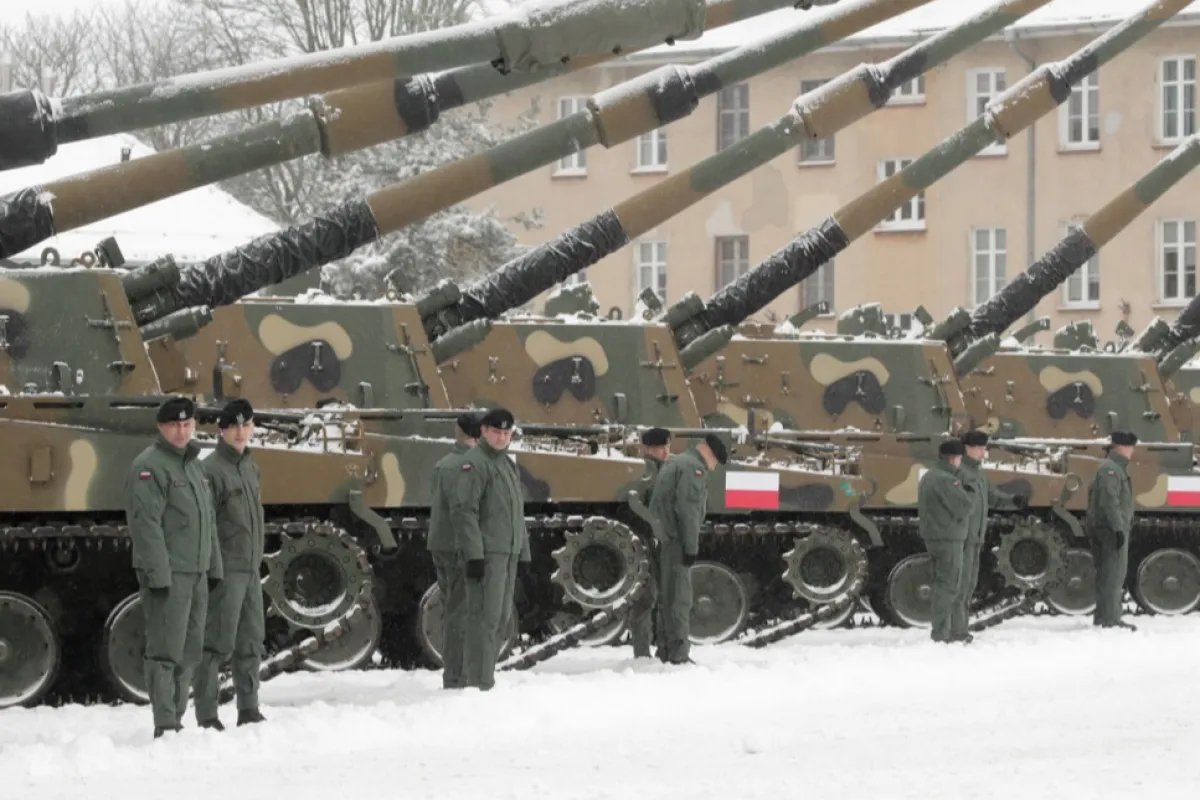
Poland's military strengthening is a threat to Russia and the goal is to annex western Ukraine, pro-Kremlin propaganda claims.
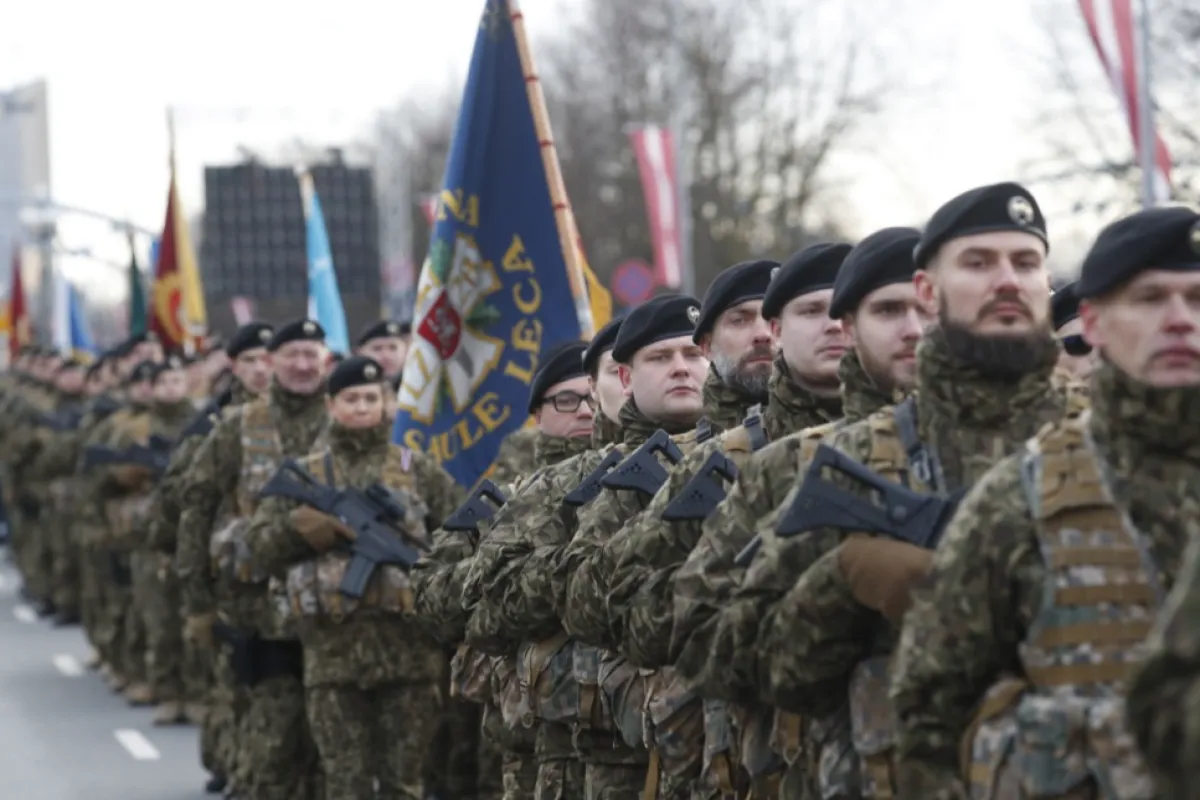
Latvia is making participation in the state defense service (SDS) mandatory, as part of a larger drive to strenghten its security.

Latvia’s unfinished border fence came into focus following Wagner’s rebellion in Russia and its alleged move to Belarus. Experts warn that security requires more than a fence.

Alexander Lukashenko’s health problems have reminded Belarussians that the dictator is a human being after all. Who will succeed him – will it be a member of the current administration, a representative of the opposition or someone appointed by Moscow?
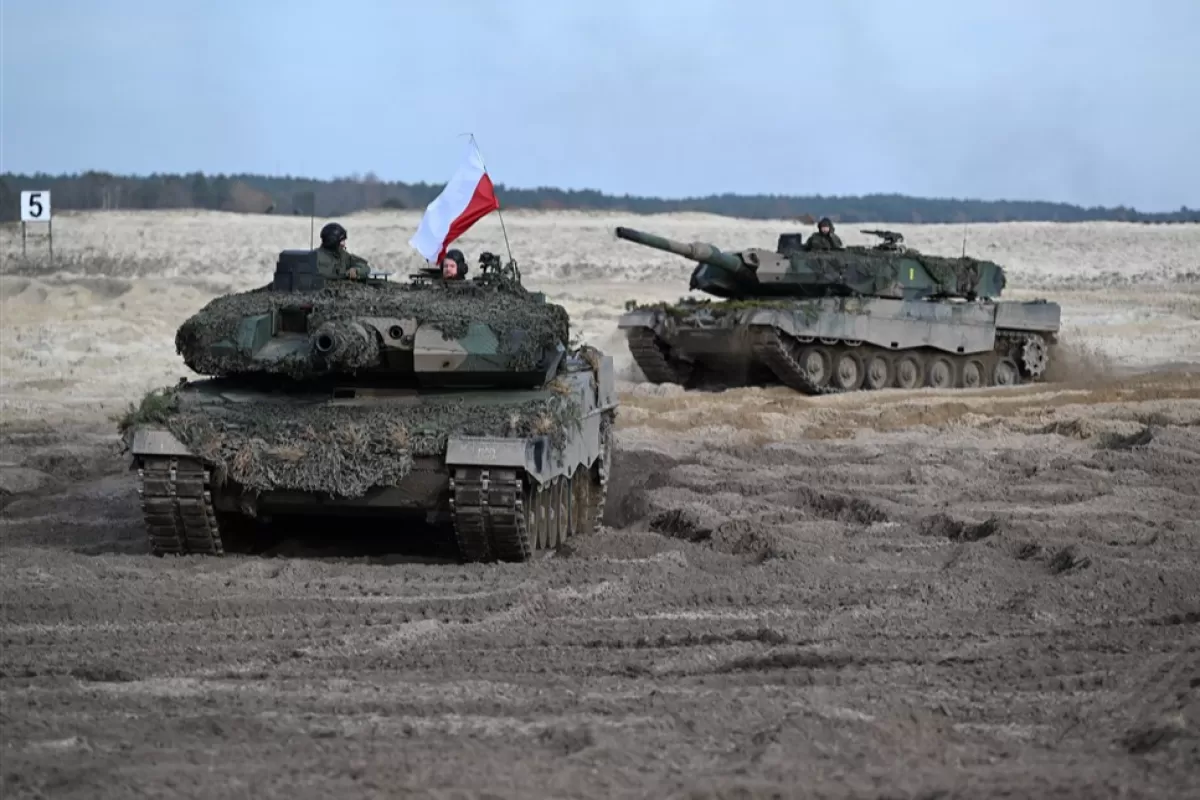
Poland will attack Belarus and annex the Ukrainian region of Lviv when the order comes from the US and Britain, which caused the war in Ukraine, according to a false narrative by Russian state media. In reality, Warsaw is supporting Ukraine's defense efforts against Russia's full-scale invasion, carried out with the direct support of Minsk.

Alexander Lukashenko’s close ties to the Kremlin have made Belarus a co-aggressor in Russia’s war against Ukraine, which in the future might turn this country into a target of a possible nuclear retaliation. All that was made possible due to the barter Belarussian authorities consented to by allowing Putin to use a strategically important territory in exchange for keeping Lukashenko in office. Yet just how important a part does Belarus play in the Russian-Ukrainian conflict and what does that entail for the future of the region?
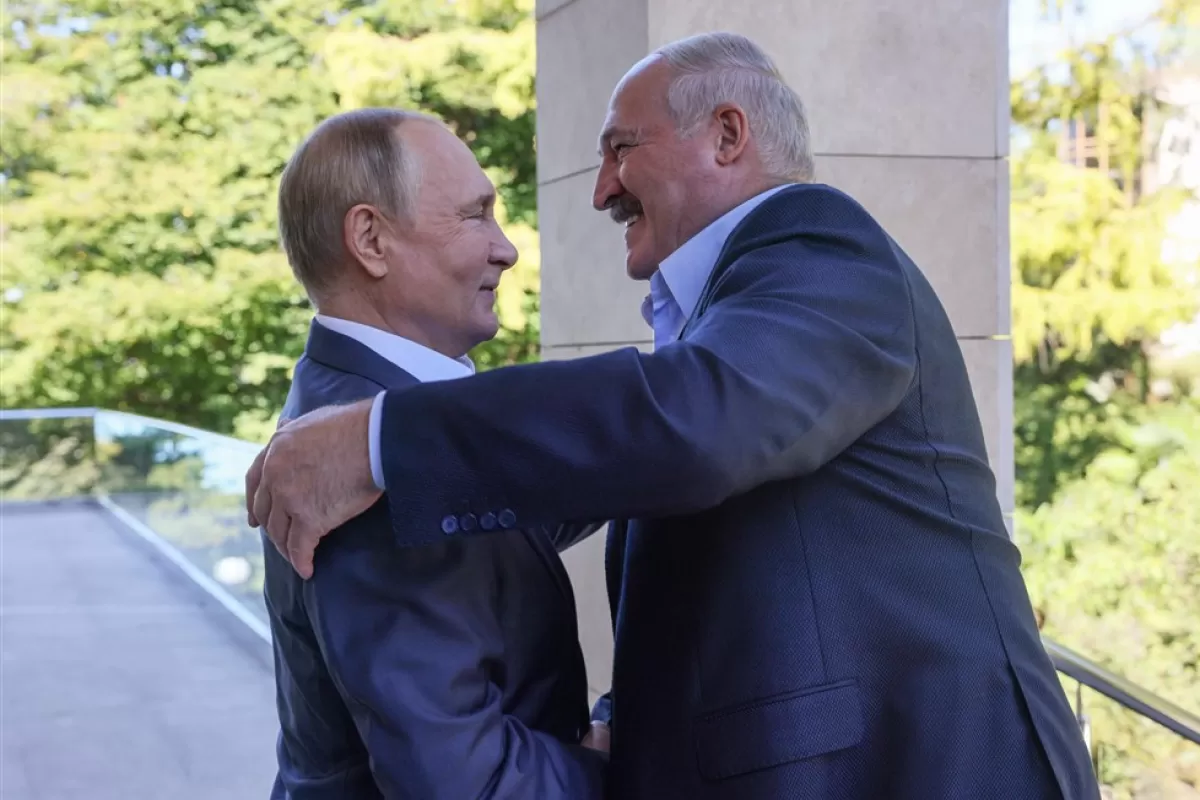
Belarus and Russia are forced to create a joint military group to defend themselves against a potential NATO aggression, fascist provocations by Poland and terrorist actions by Ukraine, according to propaganda narratives carried by the two countries’ media. In reality, Belarus is not targeted by any foreign power, but it has allowed Russia to use its territory for the aggression against Ukraine.
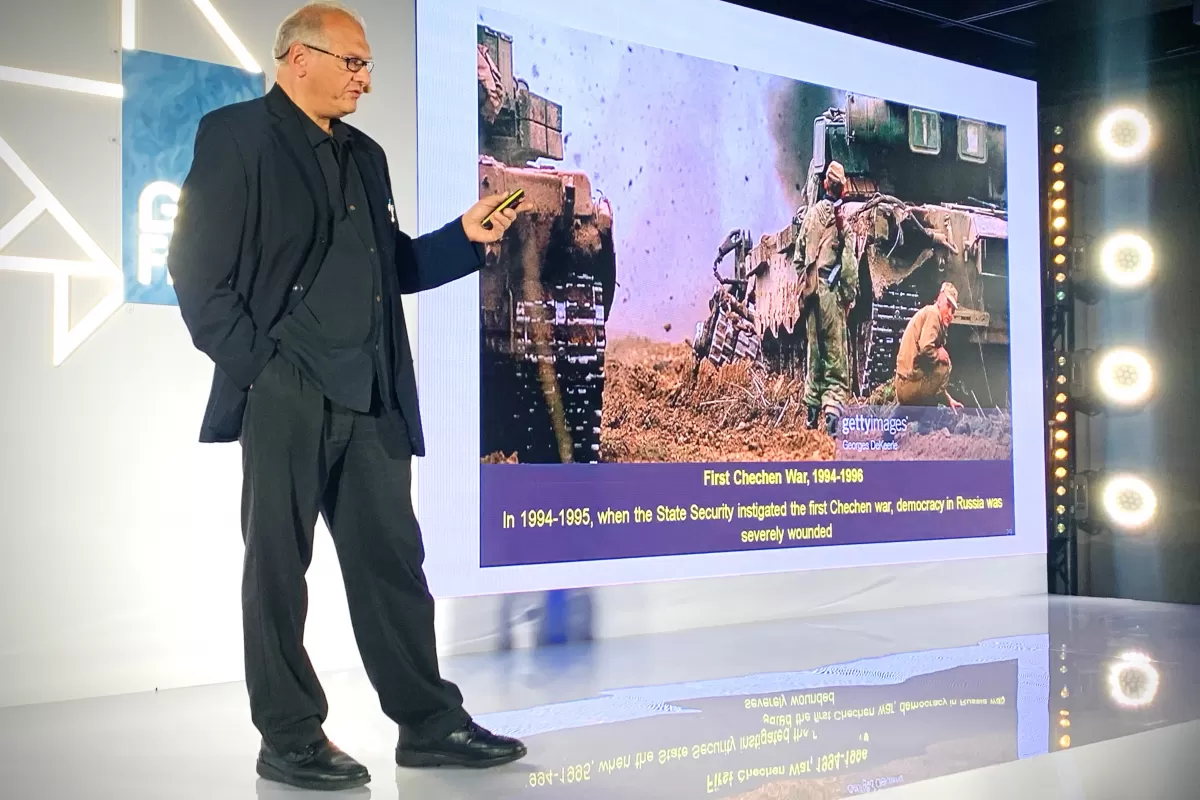
Vladimir Putin’s original plan was to subdue Ukraine without bloodshed and create a joint Russian-Ukrainian-Belarusian army that he could use to conquer Baltic States and the Republic of Moldova, the Russian-American expert Yuri Felshtinsky argues, adding that Moscow’s recent actions suggest, despite all the threats, that no nuclear weapons will be used against Ukraine.